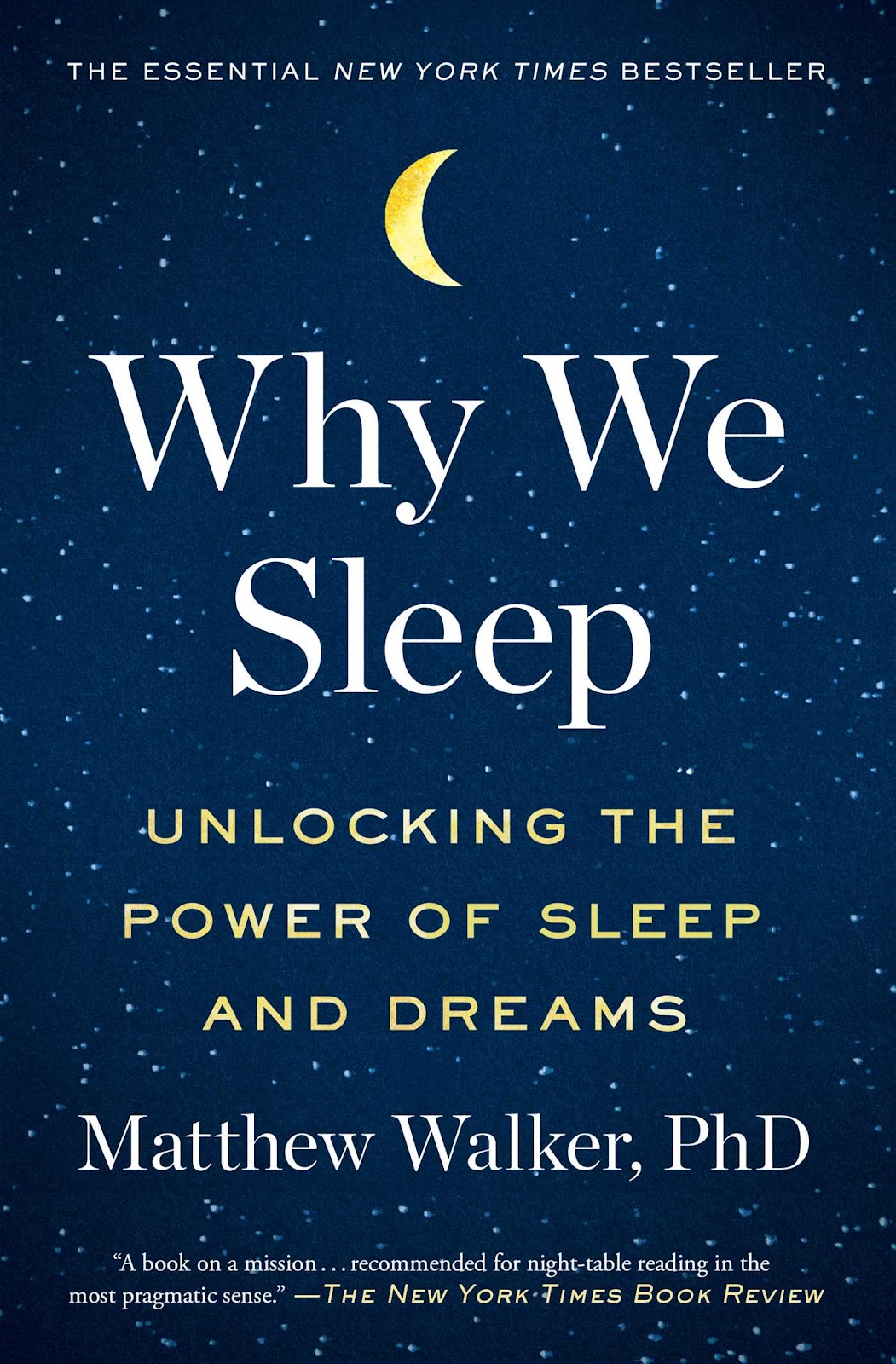Riddhika Parmar, Week 15: 50 First Dates

Riddhika Parmar Week 15 - 4/27/22 50 First Dates Movies are a great way to explore different worlds; I remember watching a movie called 50 First Dates. I enjoyed this movie for many reasons, and it also gave me a lot to think about regarding memory. The movie is about Lucy (Drew Barrymore) and Henry’s (Adam Sandler) relationship. Lucy has been in a car accident, so she only remembers her life before that accident. Every day after the accident, she goes to sleep and wakes up the next day having no memory of the prior day. In a way, the movie is kind of like another great movie called Groundhog Day. One day, Henry meets Lucy and they have a great connection and agree to meet the next day. But, when Henry meets Lucy the next day, she gets mad at him and finds him to be a stranger. This happens every single day throughout the movie, and Henry must patiently make Lucy fall in love with him in new, creative ways every day. Lucy’s condition is similar to a real-life disorder cal...













